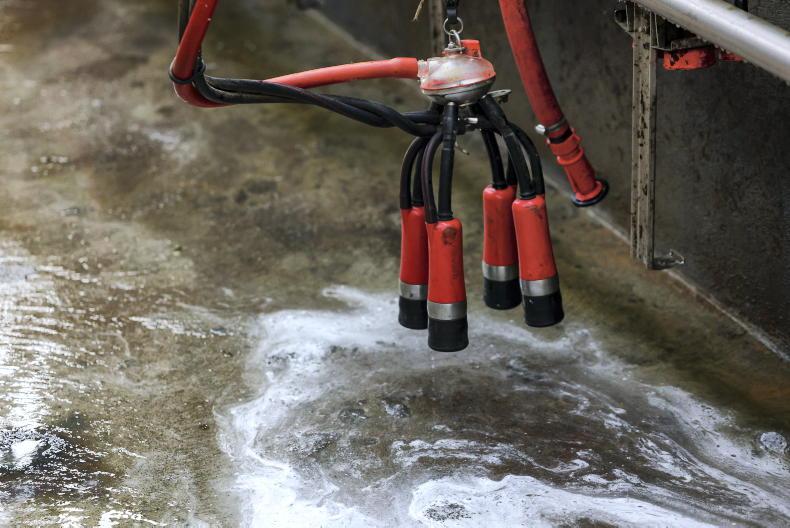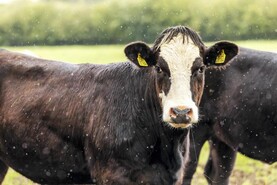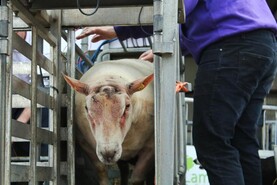New Bluetongue cases in England
Three new cases of bluetongue virus have been confirmed in England.
The first case involved two cattle on a farm in Herefordshire on 11 July which tested positive following a non-negative pre-movement test.
In addition, one sheep in Oxfordshire was confirmed positive following a report of suspicious clinical signs. The sheep had hot and painful feet, a reluctance to move and was generally unwell.
An additional case was confirmed on 12 July in Buckinghamshire and also involved a sheep. The animal showed clinical signs of pyrexia, salivation, nasal discharge, swollen muzzle, lips and tongue with congestion in oral mucosa. It was lethargic and unresponsive to treatment.
These cases represent the first cases of bluetongue virus in Britain during the 2025 to 2026 vector season.
This means the risk of transmission via infected midges is now considered to be very high in England.
Sheep farmers urged to monitor worm burdens
Sheep farmers have been urged to be “extra vigilant” with monitoring worm burdens in lambs.
According to animal health expert Nerys Wright, recent rainfall and warm temperatures provide “ideal conditions” for worm larvae to migrate up grass stems and be ingested by sheep.
“We’re encouraging farmers to carry out regular faecal egg counts (FECs) to monitor parasite burden and make informed treatment decisions,” she said.
However, FECs should be interpreted alongside lamb condition and performance, as large numbers of immature worms can cause clinical disease before a high egg count is detected.
“It’s about being strategic and responsive to the conditions on your farm,” said Wright.
DUP table net zero motion at Westminster
A statement has been submitted in the House of Commons by DUP MP Carla Lockhart which “expresses deep concern” about the impact of net zero policies on agriculture.
The early day motion states that net zero policies in the UK are “placing excessive and unrealistic demands on farmers” and are “offering negligible climate benefit”.
“The burden is being felt nationwide but is particularly severe in NI, where agriculture plays a central role in both the economy and community life,” reads the motion.
Early day motions are seldom debated in parliament. Instead, they are used by an MP to highlight certain issues and can allow other MPs to show support for their campaign.






 This is a subscriber-only article
This is a subscriber-only article










SHARING OPTIONS: